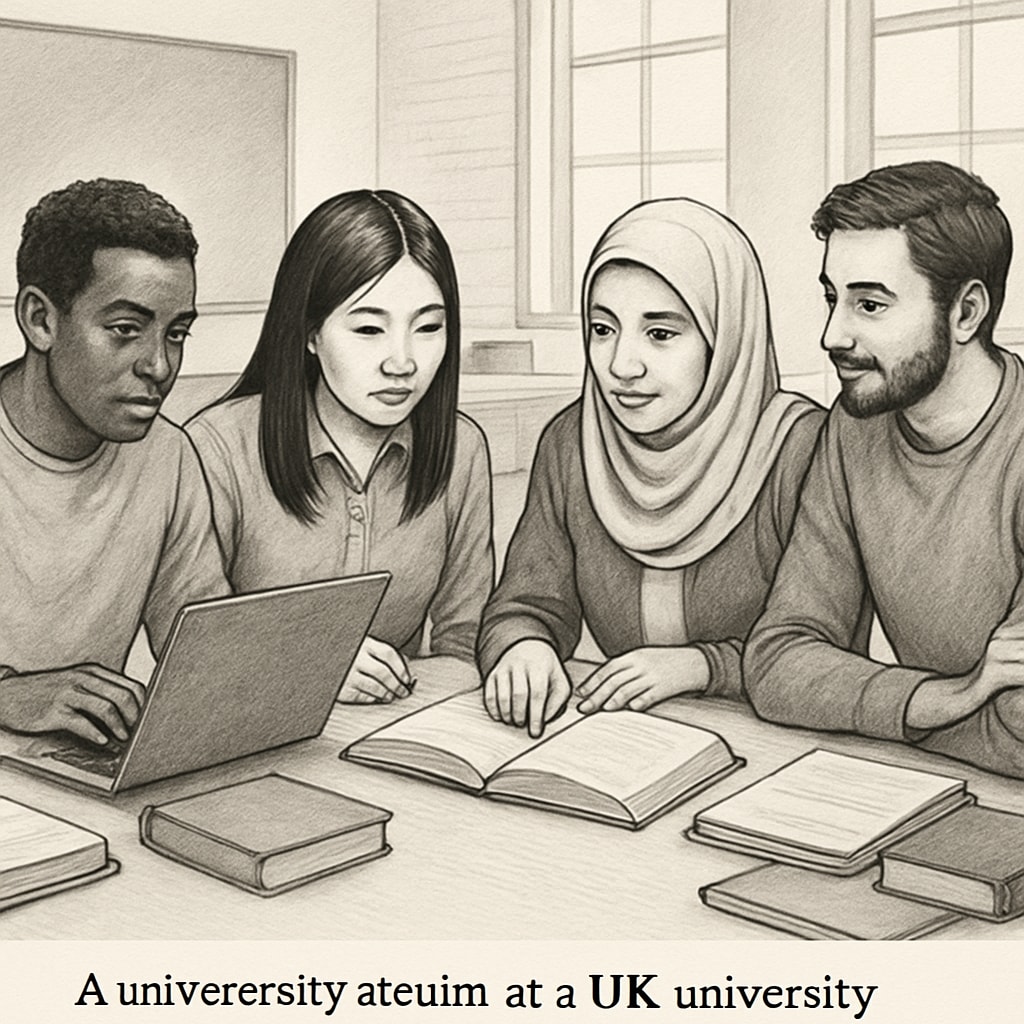The challenges of accessing higher education for immigrant students in the UK, such as at Oxford University, are profound, particularly when international student tuition fees and residency restrictions are considered. For many students with limited residency rights, the dream of attending a prestigious institution is overshadowed by insurmountable financial demands. These barriers raise significant questions about education equity and social mobility within the UK.
Understanding the Financial Burden of International Fees
One of the most pressing challenges immigrant students face is the classification as international students, which subjects them to significantly higher tuition fees. For example, while domestic students at Oxford University pay around £9,250 annually for undergraduate programs, international students often face fees upwards of £30,000 to £40,000 per year. This disparity arises because immigration laws and residency rules frequently prevent students with limited residency rights from qualifying as “home” students.
For immigrant families, many of whom already face economic hardships, these costs can be prohibitive. Without access to student loans or financial aid available to domestic students, the financial burden becomes nearly impossible to shoulder. As a result, talented students are often forced to forgo opportunities at top universities, perpetuating cycles of inequality.

The Role of Residency and Immigration Status
Immigration status plays a crucial role in determining access to higher education in the UK. Students with limited residency rights, such as those on temporary visas or with refugee status, are often excluded from the benefits available to domestic students. These include reduced tuition fees, scholarships, and access to government-backed student loans.
For instance, the UK’s residency requirement for home fee status typically mandates at least three years of continuous residency in the country with an “indefinite leave to remain” status. Many immigrant students, despite having lived in the UK for years, do not meet these criteria due to bureaucratic delays or restrictive visa policies. This creates a scenario where students are treated as outsiders within the education system, even if they have spent a significant portion of their lives in the UK.
The Broader Impact on Educational Equality and Social Mobility
The implications of these financial and identity-based barriers are far-reaching. Higher education is often viewed as a pathway to upward social mobility, but for immigrant students, this path is marked by roadblocks. Exclusion from prestigious universities not only limits individual potential but also deepens societal inequalities.
Moreover, the UK risks losing out on the contributions of talented individuals who could bring diverse perspectives and skills to its academic and professional landscapes. Countries like Canada and Germany have implemented more inclusive policies to support immigrant students, offering potential models for the UK to consider.

Proposed Solutions for Greater Equity
Addressing these issues requires systemic change. Some potential solutions include:
- Reforming residency requirements to make them more inclusive for long-term immigrant residents.
- Providing targeted scholarships and grants for students with limited residency rights.
- Raising awareness among universities about the unique challenges faced by immigrant students and encouraging them to adopt more flexible fee structures.
- Partnering with private organizations to establish dedicated funds for immigrant students pursuing higher education.
By implementing these measures, the UK can take a significant step toward leveling the educational playing field and fostering a more inclusive society.
In conclusion, the barriers posed by international tuition fees and immigration restrictions, particularly at institutions like Oxford University, highlight the urgent need for reform. These challenges not only hinder education equity but also impact the broader social fabric. By addressing these systemic issues, the UK can ensure that its higher education system becomes a beacon of opportunity for all, regardless of immigration status.
Readability guidance: This article uses short paragraphs and a mix of active and passive voice. Transition words like “however,” “therefore,” and “for example” are incorporated to enhance flow. A list format summarizes solutions for clarity.


